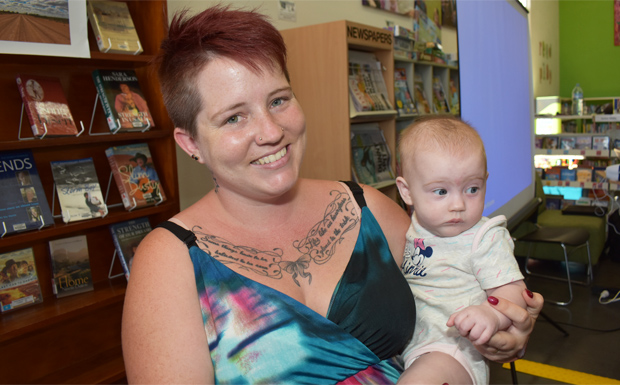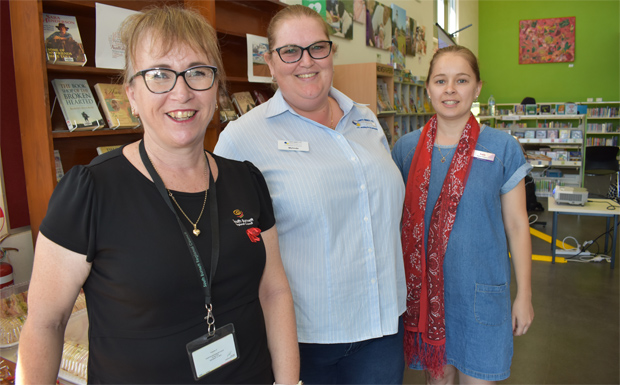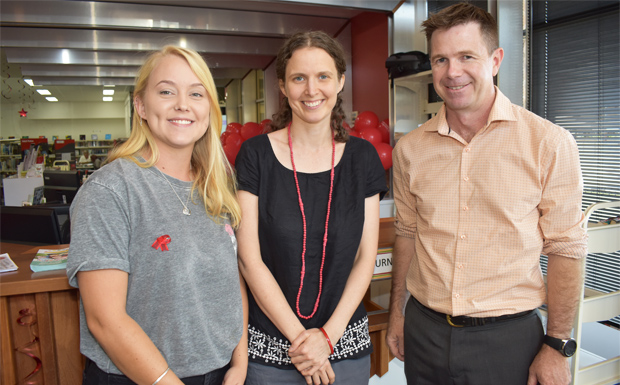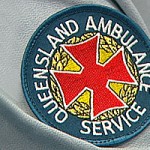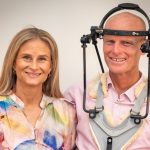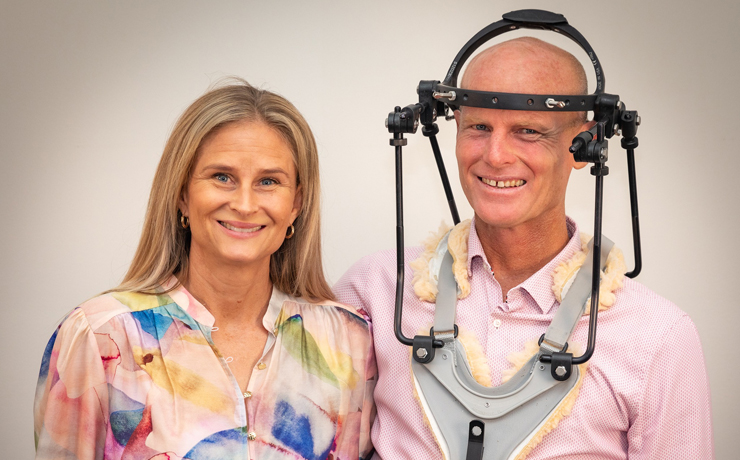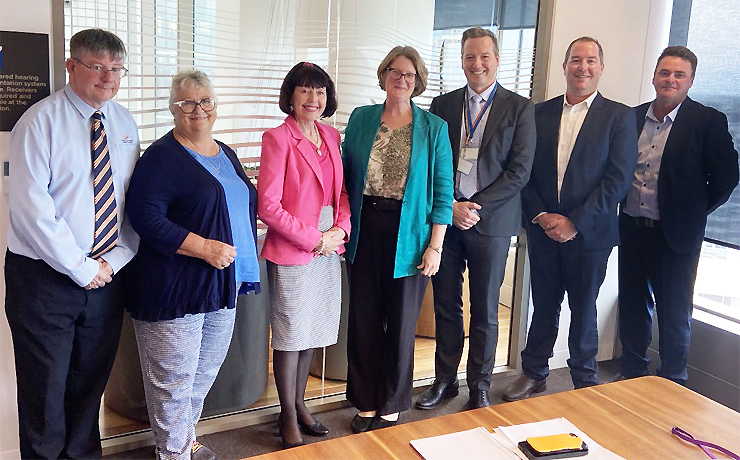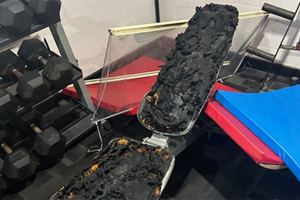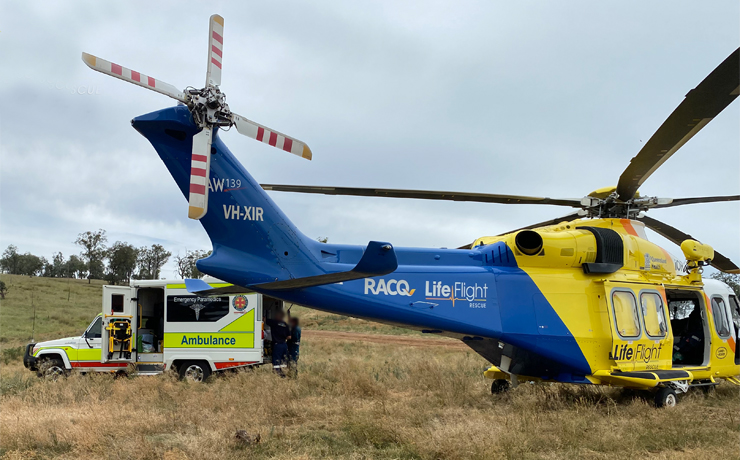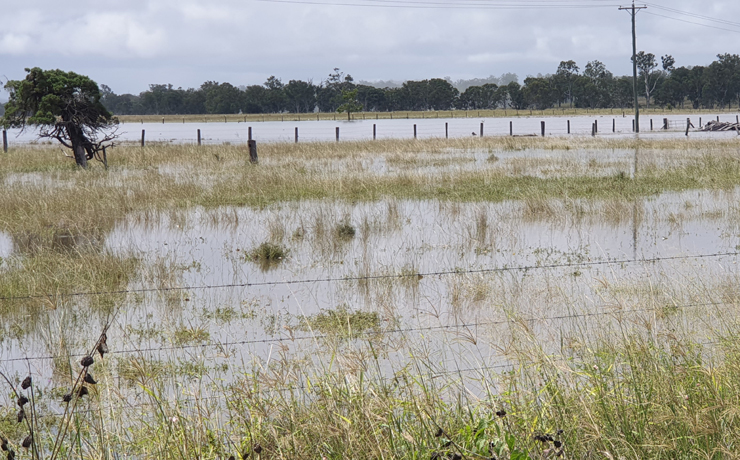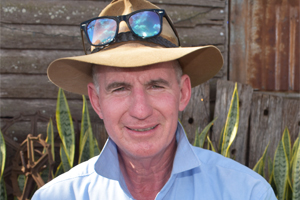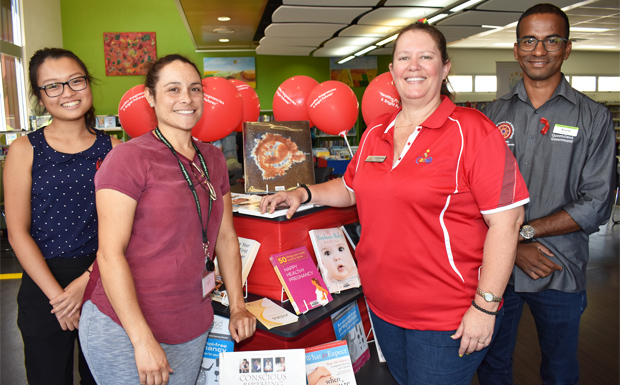
February 4, 2020
The South Burnett is turning red this week for a very important cause … the health of our future generations.
Red is the colour which has been chosen to promote South Burnett Regional Council’s “Healthy Pregnancies & Bright Futures” program.
The program was officially launched with events at Kingaroy Library (Monday) and Nanango Library (Tuesday).
The project, which has been funded by the Alcohol and Drug Foundation, is working in conjunction with the South Burnett Local Drug Action Team to raise awareness about the risks associated with alcohol consumption during pregnancy.
Cr Danita Potter said the project was not just targeting pregnant women, but rather the community as a whole.
“We are trying to engage people to do something different if your friend is pregnant,” she said.
Cherbourg Health Service senior psychologist Arvind Ponnapalli described Foetal Alcohol Spectrum Disorder (FASD) as a public health crisis.
“It is a serious condition that is 100 per cent preventable,” he said.
The local push to raise awareness about FASD began two years ago ago with a workshop in the South Burnett for service providers as well as community members.
“It was quite an eye-opener for most of us,” Mr Ponnapalli said.
FASD is a “spectrum disorder”, which ranges from behavioural difficulties at one end to Foetal Alcohol Disorder at the other which can leave the child with facial deformities and brain damage.
Common symptoms of FASD in children include difficulty in learning, inability to concentrate and memory problems.
More serious symptoms can include problems with organs, including the heart, kidneys, liver and eyes, as well as a loss of motor skills.
Mr Ponnapalli said the condition led to children not reaching their full educational potential.
“If they can’t learn at school, they tend to lash out and misbehave. This can lead to them coming into contact with the Youth Justice system, which will have an effect on their adult lives.”
Mr Ponnapalli said there was no proven safe amount of alcohol which can be consumed during pregnancy.
The National Health and Medical Research Council and World Health Organisation advise women to abstain from alcohol completely during pregnancy and breast-feeding.
* * *
Some FASD Fast Facts
- FASD occurs in all cross-sections of society and is not linked poverty. High socio-economic status is a strong predictor of alcohol use and therefore alcohol use during pregnancy.
- Rates of alcohol use and binge drinking – including drinking during pregnancy – are increasing in young Australian women, according to researchers.
- FASD is a lifelong condition; problems that appear in childhood do not disappear with age.
- FASD is the leading cause of non-genetic disability in Australia. It has been estimated that more than 6200 babies are born with FASD in Australia every year.
- Research has shown that 38 per cent of Australian women would be less likely to drink alcohol if their partner or spouse encouraged them to cut back or stop drinking during their pregnancy; and 30 per cent would cease drinking if their partner stopped drinking completely.
Related articles:
